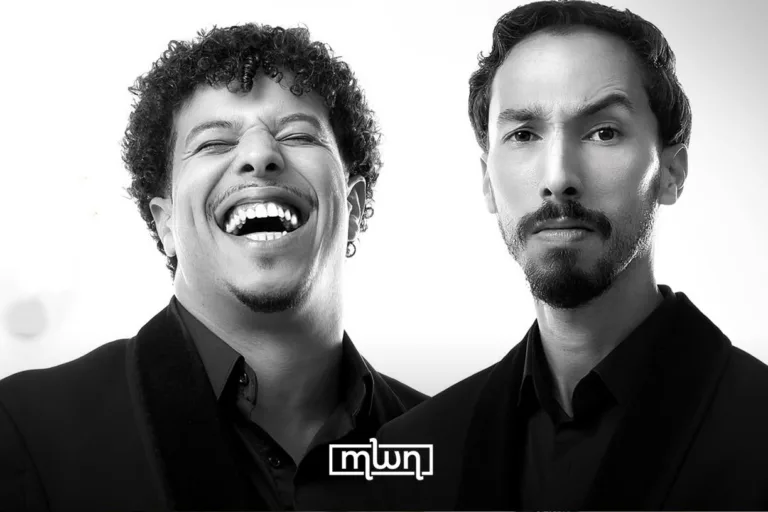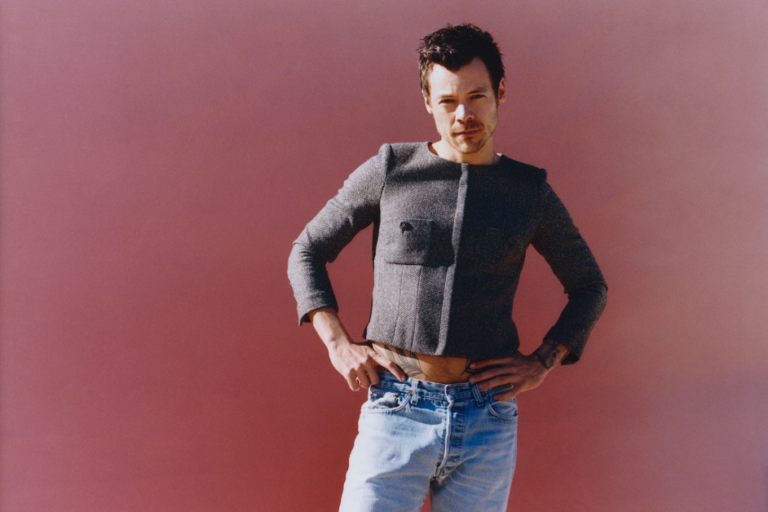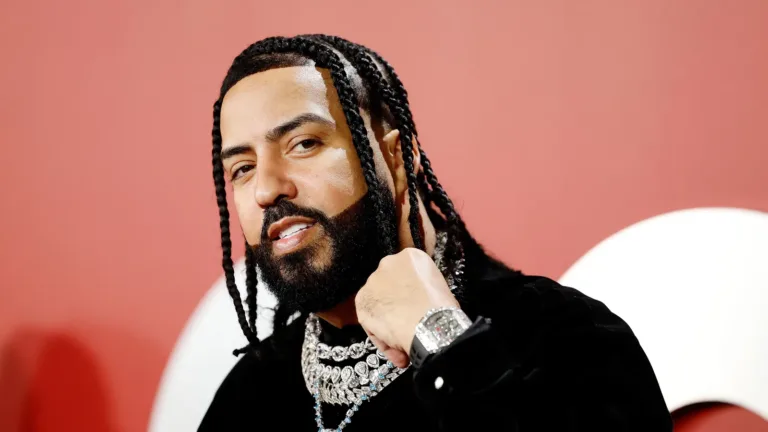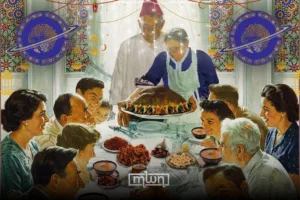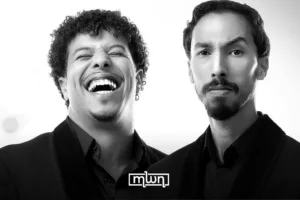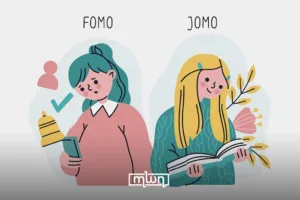Fez — The public prosecutor in Ain Sebaa has decided to prosecute rapper Hamza “Raid” in connection with recent protests, while allowing him to remain free as the case moves forward.
Local reports say the decision follows his detention during demonstrations tied to the “Gen Z 212” mobilization.
Authorities have brought two main charges: taking part in an unauthorized, non-armed assembly and incitement to commit crimes and misdemeanors using electronic means.
The prosecution decision keeps him under judicial process but out of custody, a measure that typically allows the artist to continue work and travel within legal limits until the first hearing.
Local outlets reported that Raid was detained during demonstrations earlier in the week and presented to the prosecutor after police questioning before being released pending trial. No court date has been publicly announced at the time of writing.
The case unfolds amid the largest youth-driven mobilization in years. Protests that began on September 27 over education, healthcare, and social conditions spread to multiple cities, with some gatherings turning violent. The Interior Ministry reported hundreds of arrests and injuries among security forces and civilians; organizers say they reject violence and want reforms to public services.
Raid performs under the handle @raidexact on social platforms, where he has been building an audience through performances and collaborations on the Moroccan hip-hop circuit. His rising profile made his detention and release a point of focus for fans following the broader “Gen Z 212” story online.
While legal experts note that unauthorized-assembly and online-incitement cases can carry fines or custodial sentences, outcomes depend on evidence tied to specific incidents and on the court’s reading of intent. For now, the court’s decision signals that the investigation will proceed without pretrial detention, even as authorities continue to police demonstrations and emphasize that protests must remain within the law.
The movement’s next steps and the court calendar will help determine whether the focus stays on street mobilization or shifts toward institutional dialogue. As for Raid, his case will be watched as a test of how Morocco balances public-order concerns with speech and assembly rights during a period of high youth engagement.



